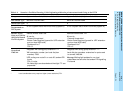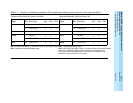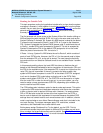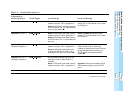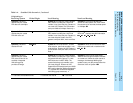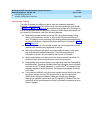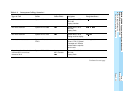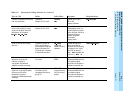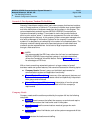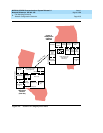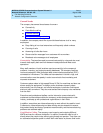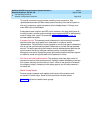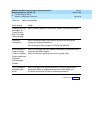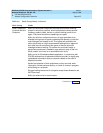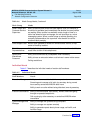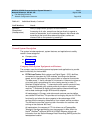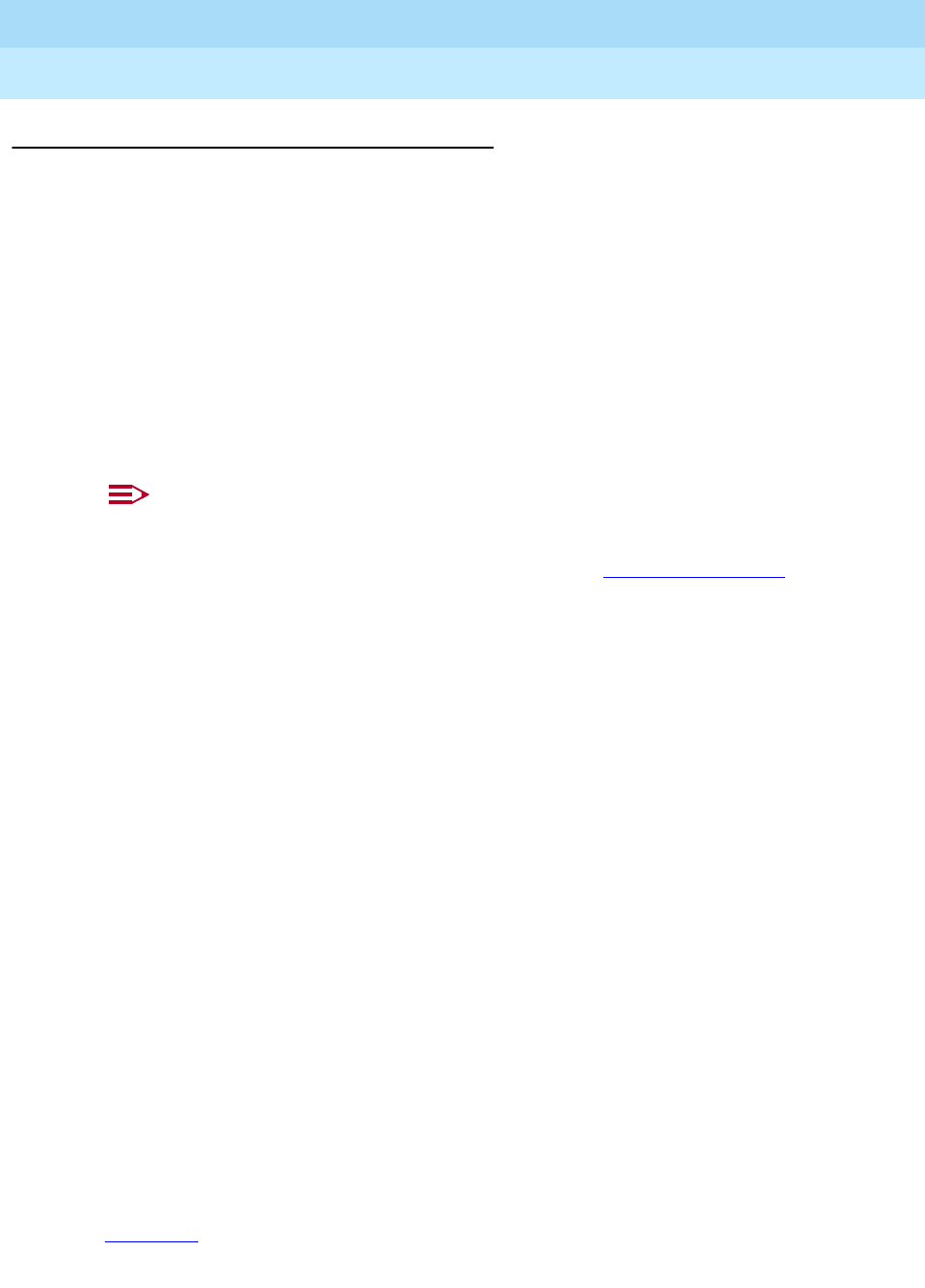
MERLIN LEGEND Communications System Release 6.1
Network Reference
555-661-150
Issue 1
August 1998
Call-Handling Scenarios
Page 2-32Network Configuration Scenarios
2
Scenario 2: Two Systems, Tandem Tie Facilities 2
Scenario 2 describes a medium-sized, mail-order company that has two locations,
one in Chicago and one in California. This scenario includes more system details
and fuller descriptions of business needs than do the others in this chapter. The
various departments and staff use two MERLIN LEGEND Communications
Systems connected by tandem T1-emulated tie trunks that provide fractional
point-to-point service; some T1 channels are programmed for voice and others
are programmed for data only. In this company, there is one system manager, who
also acts as Manager of Information Systems for the company’s computer
systems. It is designed to put networking in the context of a complete system. The
company conducts catalog sales with supervised groups of order-takers and
customer service representatives. It also sells to large corporate customers
through a field sales force.
NOTE:
It is recommended that PRI lines, rather than tie lines, be used between
MERLIN LEGEND Communications systems in a private network that
utilizes the Centralized Voice Mail feature. Refer to Table 1–1, page 1-11
for advantages of PRI lines.
With a view to examining networked systems in a larger context of overall
business needs and system features, this scenario discusses the following topics:
■ Company Needs. General, group, and individual requirements for
communications system and application functionality
■ General System Description. A summary of the equipment, features, and
applications that meet company needs overall and specifically help certain
work groups and individuals
■ Network Planning and Maintenance. A description of how the private
network is set up and how calls are handled to fulfill the company’s
requirements
Company Needs 2
Company needs and the solutions provided by the system fall into the following
categories:
■ General. Broad concerns that affect the company as a whole and require
basic decisions about the lines/trunks used in the system
■ Work Groups. Specific communications needs of groups who work
together
■ Individuals. Needs of individuals, such as the system manager and off-site
employees
Figure 2–2
illustrates the locations and staffing.



